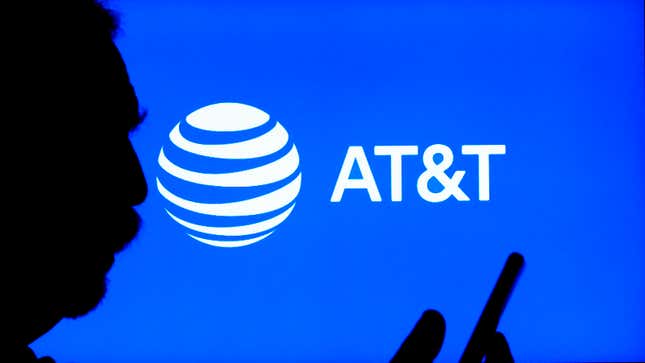
In This Story
AT&T (T+0.75%) is jumping on the return-to-office bandwagon. The telecom giant is requiring all of its office workers to head back to the office five days a week starting in January, Quartz confirmed. AT&T had formerly implemented a hybrid schedule, requiring just three days a week of in-office work.
“The majority of our employees and leaders never stopped working on location for the full work week — including during the pandemic,” a company spokesperson said. “We always adapt our workforce model to drive collaboration and innovation to deliver the best support for our customers.”
Major companies have begun to slowly rollback pandemic-era work arrangements this year. In mid-September, Amazon (AMZN-2.87%) chief executive Andy Jassy sent a memo to staff outlining the company’s decision to “return to being in the office the way we were” before the pandemic. That is, logging a full five days a week, eight hours day in office.
The company had originally planned to bring all employees back to the office five days a week starting Jan. 2, 2025, but Business Insider reported that that will be delayed because certain locations are not yet prepared to accommodate the full workforce.
In mid-October, Amazon Web Services CEO Matt Garman doubled down on the policy, saying that innovation could not happen “if we’re not in person.” That statement quickly sparked backlash from employees, particularly those used to the flexibility of remote work, who said they were “appalled” by the remarks. The new five-day policy is also stricter than what existed before the pandemic — and more rigid than some of Amazon’s competitors.
Garman’s remarks echoed similar ones from top brass at other major companies, who have labelled remote work as an innovation and collaboration killer. In August, former Google (GOOGL-1.57%) CEO Eric Schmidt blamed remote work for the tech giant losing its edge in the artificial intelligence race. He later walked back the comments.
Other companies that have done away with remote and hybrid policies in recent years include JPMorgan Chase (JPM-1.03%), Goldman Sachs (GS-1.29%), Tesla (TSLA-3.33%), and Walmart.
— Francisco Velasquez contributed to this article.